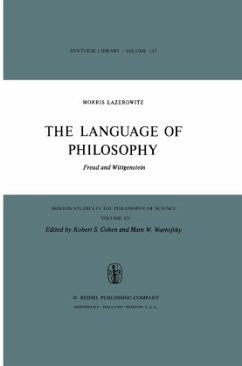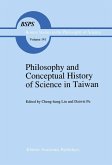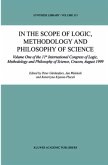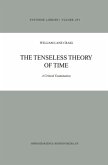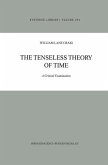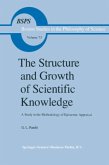The cornerstone of the radical program of positivism was the separation of science from metaphysics. In the good old days, the solution to this demarca tion problem was seen as a way of separating sheep from goats - ~ynthetic or analytic propositions, which were candidates for truth or falsity, either on empirical or formal grounds, on the one hand; and, on the other hand, those deceptive propositions which appeared to be truth claims, but were instead either meaningless, or nonsensical, or poetical, or merely expressive - i.e. without proper cognitive content and hence not verifiable or falsifiable. In the last half century, analytic philosophy of science, linguistic analysis and logic have formulated and reformulated and reformulated again the distinction be tween science and metaphysics. The outcome was unexpected: metaphysics rather than retreating from the scene, shriveling up, dissolving, has instead re emerged as an acknowledged, even if problematic component of scientifictheorizing. This has made some philosophers of science happy, others miserable. For Morris Lazerowitz, it should serve as evidence for his thesis that the sort of philosophical assertions which metaphysics makes about the nature of things are not simply radically undecidable, but persist because they express a deeper and unconscious function in the mental life of philosophers (and presumably, of those scientists who find it necessary to be philosophical in this way, whether self-consciously or tacitly).

